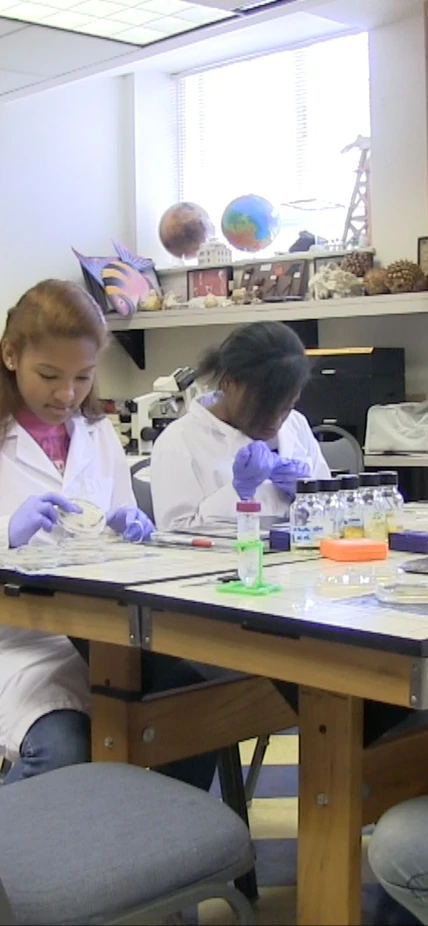Washington, D.C.—The STEM Funders Network (SFN) announced last week that the DC STEM Network, a partnership of the Carnegie Academy for Science Education (CASE) and the DC Office of the State Superintendent of Education, has been selected as one of the 10 STEM Learning Ecosystems to join the STEM Learning Ecosystems Initiative, a national initiative, initially developed in 2015-16 beginning with 27 STEM Learning Ecosystems communities across the United States.
Led by the STEM Funders Network (SFN), the STEM Learning Ecosystems Initiative is built on over a decade of National Academy and related research focused on how to cultivate successful STEM collaborations. The selected sites from across the United States have committed to collaborate and share their work towards this common vision.
“These communities have the potential of reaching millions of young people both in and out-of-school with innovative STEM learning opportunities,” said SFN co-chairs Gerald Solomon, executive Director, Samueli Foundation, and Ron Ottinger, Director of STEM Next. “It is an initiative to design the kind of infrastructure that ensures STEM learning is truly ‘everywhere’ and is a top priority for communities supporting youth to develop the skills and knowledge they need for success in a global workforce.”
Carnegie’s Julie Edmonds, Director of CASE and the DC STEM Network, remarked, “This initiative will be a huge boost to the DC STEM Network, which has already made significant progress towards improving STEM opportunities for DC students and teachers through local collaborative efforts. We are excited to learn from other similar groups across the nation and also to share our own lessons learned. Together we will have a lasting impact on the STEM futures of our nation's students.”
The initiative is focused on bringing all in and out of school learning platforms together, from pre-K through higher education, including the voice of workforce, to ensure that all people have equal access and opportunity to succeed in the STEM fields.
The 10 communities will join the initial cohort of the national STEM Community of Practice, having demonstrated cross-sector collaborations that deliver rigorous, effective pre-K-16 instruction in STEM learning in schools and beyond the classroom. Programs will occur in diverse environments — in afterschool and summer programs, science centers, libraries, at home and other places both virtual and physical— and will spark young people's engagement, develops their knowledge, strengthens their persistence and nurtures their sense of identity and belonging in the STEM disciplines, leading to building a vibrant and competitive STEM workforce. As these STEM Ecosystems evolve, a student will be able to connect what they learn in and out of school with real-world learning opportunities, leading to STEM-related careers and opportunities.
The following ecosystem communities were selected to become part of this national STEM Learning Ecosystem:
STEM Hub Downeast (Augusta, ME)
Bmore STEM (Baltimore, MD)
Carbon/Schuylkill/Lucerne Counties Ecosystem (Schnecksville, PA)
Central NM STEM-H Education Hub (Albuquerque, NM)
Central Oklahoma Regional STEM Alliance (Oklahoma City, OK)
DC STEM Network (Washington, DC)
Northeast Florida STEM Hub (Jacksonville, FL)
Lancaster County STEM Alliance (Lancaster, PA)
North Louisiana STEM Alliance (Shreveport, LA)
Omaha STEM Ecosystem (Omaha, NE
Learn more about the initiative at stemecosystems.org
STEM Ecosystems funding members of the STEM Funders Network include: Amgen Foundation, Broadcom Foundation, KDK Harmon Foundation, Overdeck Foundation,, Pinkerton Foundation Samueli Foundation, Charles and Lynn Schusterman Foundation, Simons Foundation, STEM Next (Supported by the Noyce Foundation), and Tiger Woods Foundation.
For more information, please contact info@stemecosystems.org or info@dcstemnetwork.org
